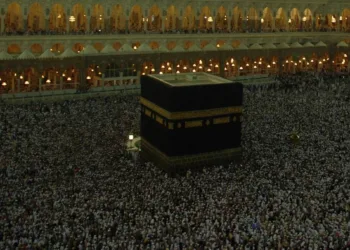As the holy month of Ramadan approaches, United Arab Emirates (UAE) will be ready to enjoy a month of spiritual devotion and peacefulness. According to the Hijri calendar published by the Dubai Islamic Affairs and Charitable Activities Department (IACAD), Ramadan will commence from March 12, 2024

Changes in Daily Life
Ramadan sees significant changes in the daily life of UAE residents. Working hours are shortened for both Muslims and non-Muslims, which gives them much time to participate in spiritual activities and cultural traditions. The government announces reduced working hours for both the public and private sectors, with government offices typically closing early.
School Timings and Parking
School schedules are modified to accommodate the holy month, with academic days shortened to five hours. Additionally, many schools close during the first three weeks of Ramadan, coinciding with either spring or end-of-term breaks. Paid parking hours are also adjusted, with specific timings announced closer to Ramadan, reflecting the community’s observance of the month’s significance.
Cultural Practices and Restaurants
In Dubai, most eateries remain in normal operation during the month of Ramadan, however non-Muslims may decide to refrain themselves of eating or drinking in public as respect to those fasting. The breaking of the daily fast is a meal called Iftar which is the most important evening meal. Many hotels and restaurants give Iftar special menus and discounts, which allows people to come together and have a good time with their families and friends.
Religious Observances
The laid back working hours make it possible for fasting Muslims to visit mosques for prayers, especially during the Taraweeh ones at night after Isha. This is why these prayers are important in Ramadan and they bring a sense of unity and spiritual meaning among the worshippers.









